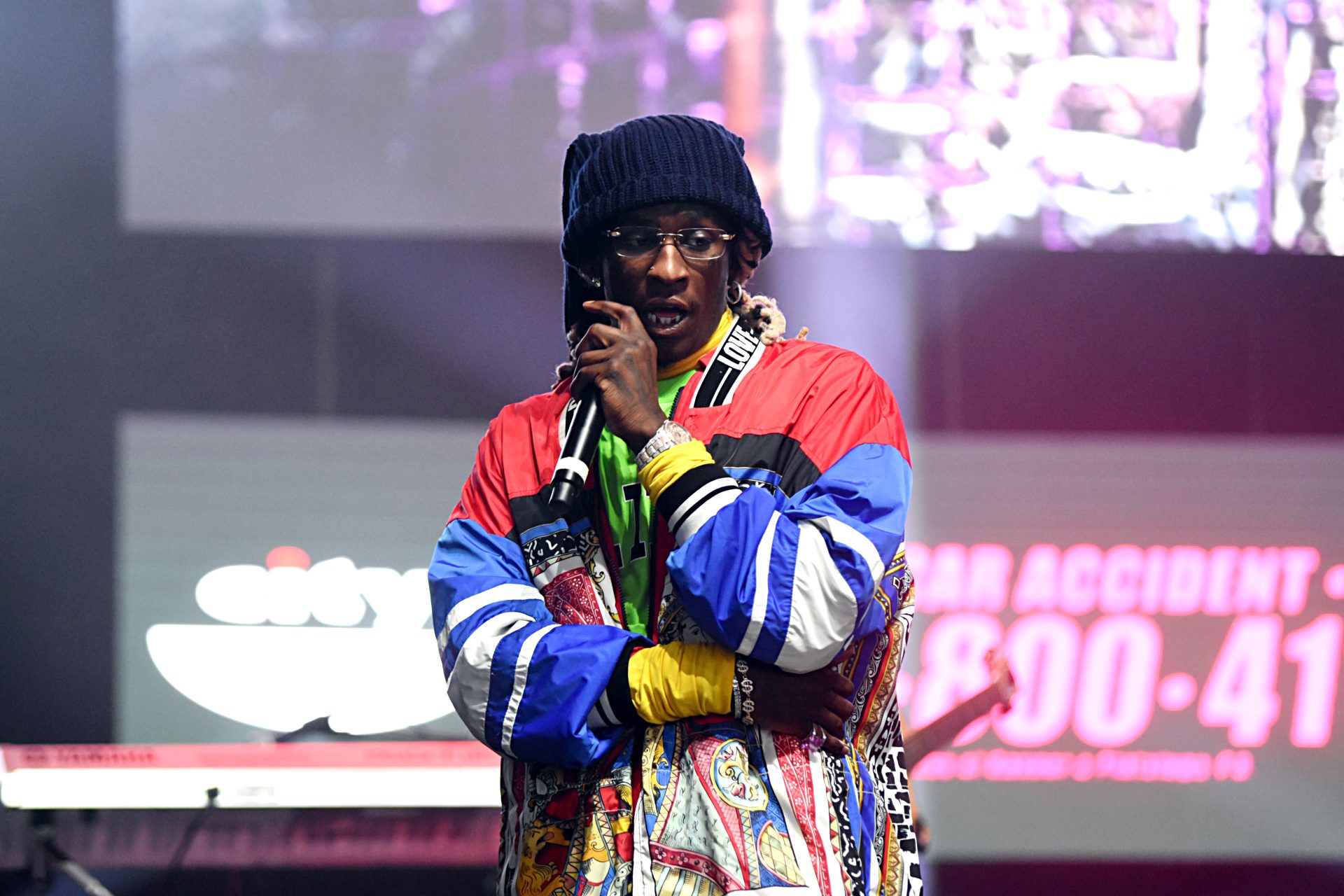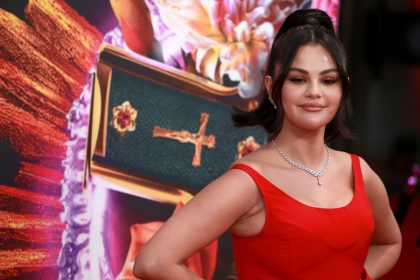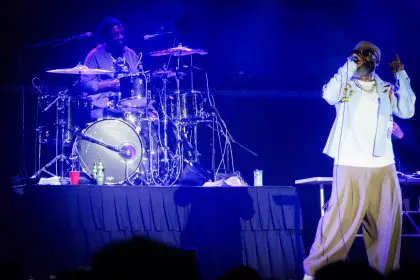In a groundbreaking virtual address at Emory University School of Law, rapper Young Thug brought a powerful message about justice and advocacy to future lawyers. His appearance via FaceTime marks a growing trend of hip-hop artists engaging with legal education and reform.
Young Thug, born Jeffery Williams, shared insights gained from his recent legal experiences. Speaking candidly to students, he emphasized their potential impact on society: “You gotta always look at it like they’re there to put us in prison and you guys are here to keep us from prison.”
His message follows a tradition of hip-hop advocacy in legal reform. JAY-Z has emerged as a leading voice, creating the REFORM Alliance to address probation and parole issues. The organization has already helped change laws in several states, demonstrating hip-hop’s growing influence in legal reform.
Meek Mill’s legal battles similarly sparked nationwide discussions about probation reform. After his release from prison in 2018, he dedicated himself to advocacy, working alongside JAY-Z to push for systemic changes.
Killer Mike has testified before city councils and state legislatures about racial equity in banking and marijuana legislation. His articulate advocacy has earned respect from lawmakers across political spectrums.
Young Thug’s speech particularly resonated when discussing compassionate legal representation. “Lawyers and doctors are the two greatest things that were ever founded. You actually help people. That’s doing the real God work,” he told students.
Common has focused on justice reform through his Imagine Justice nonprofit, organizing concerts at prisons and advocating for sentencing reform. His work demonstrates how artists can leverage their platforms for legal change.
The connection between hip-hop and legal advocacy continues strengthening. Law schools increasingly recognize rap lyrics’ cultural significance, with some offering courses examining hip-hop’s intersection with law.
Ben Crump, prominent civil rights attorney, notes hip-hop artists’ unique position to influence legal discourse: “They reach audiences traditional advocates can’t access, making complex legal issues relatable to younger generations.”
Young Thug’s engagement with law students represents this evolution, where artists move from critiquing the system through lyrics to actively participating in legal education and reform.
Kim Kardashian’s journey from reality star to legal advocate parallels this trend, showing how public figures can meaningfully contribute to legal discourse and reform efforts.
For Emory’s law students, Young Thug’s message emphasized their future role in shaping justice: “I think it’s very important to help people out of the situations they’re in the best you can.”
The impact of such celebrity engagement extends beyond inspiration. Georgetown Law professor Paul Butler observes these interactions help humanize legal issues for future lawyers.
As hip-hop continues influencing legal advocacy, Young Thug’s message to future lawyers resonates with broader calls for reform and compassion in legal practice.
His concluding offer, “Anything you need from me, I’m here always. We need y’all,” bridges entertainment and legal education, suggesting a future where artists and attorneys collaborate for change.











